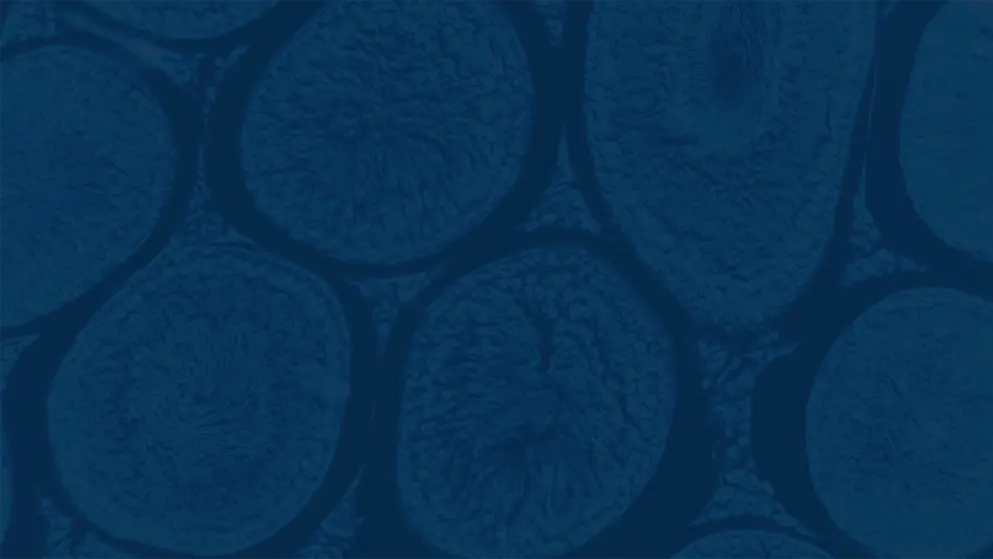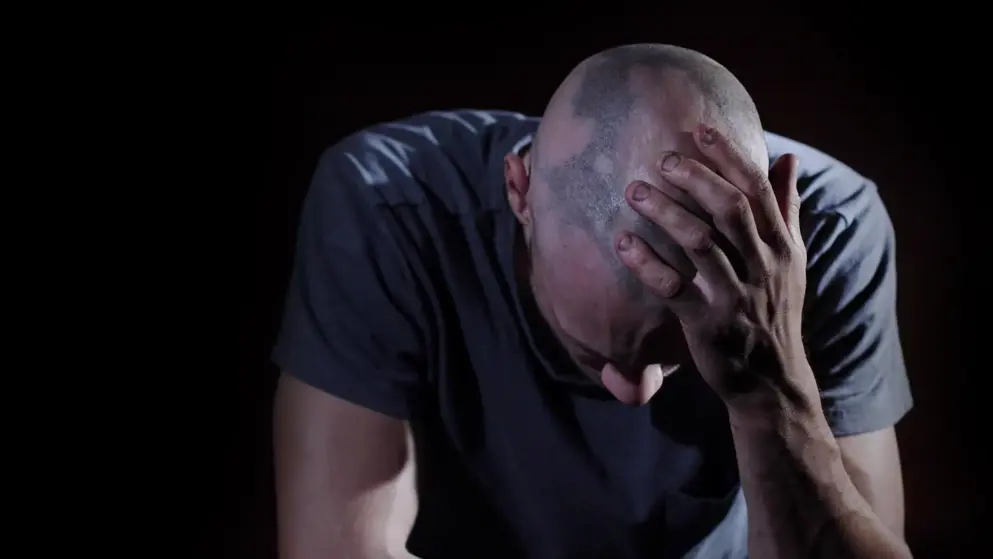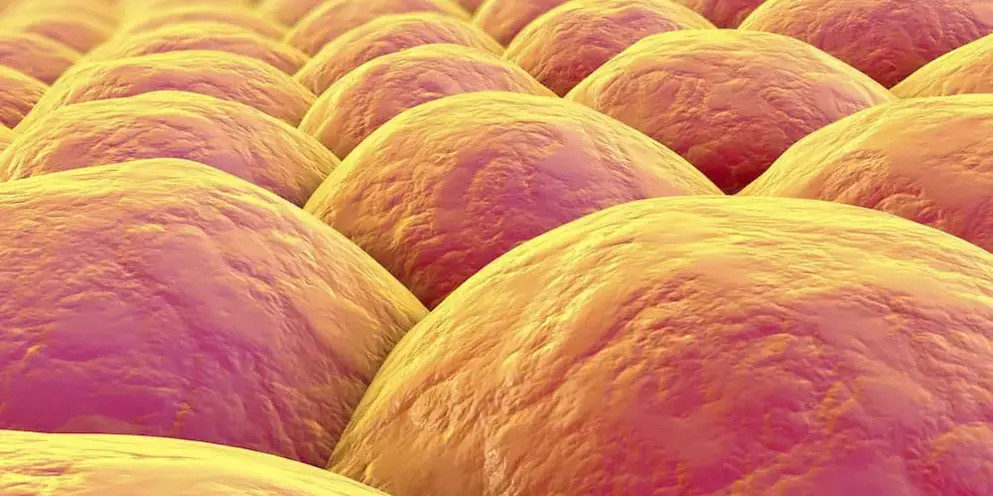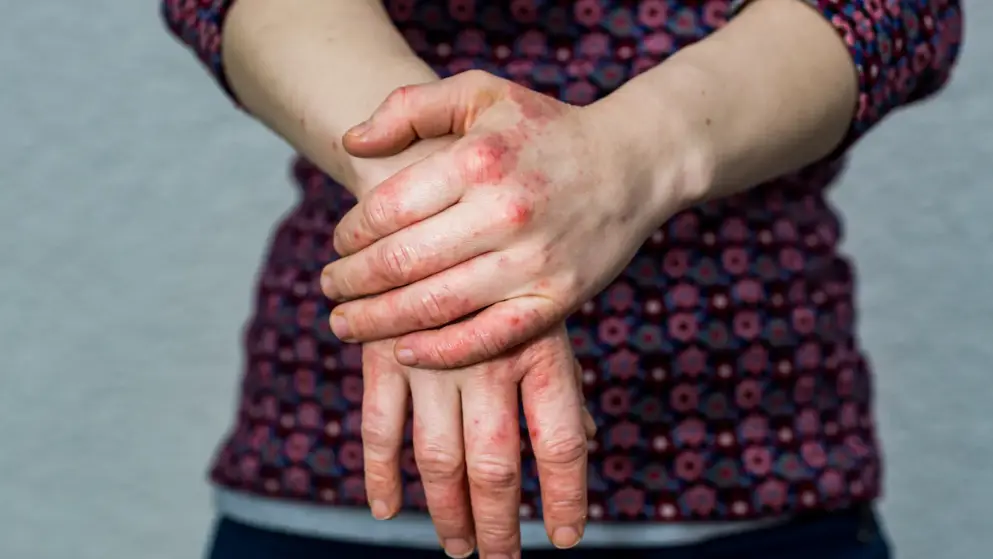
RAAINBOW supports cinainu for pediatric AA
The botanical topical agent cinainu demonstrates clinically meaningful efficacy in children and adolescents with alopecia areata (AA) in the phase 2/3 RAAINBOW trial.
The therapeutic benefits were sustained during a 24-week post-treatment follow-up, which the researchers say supports “a possible long-acting influence on the underlying immunopathology of AA.”
“To date, no treatment is approved for moderate AA or for use in children with this condition,” write Ulrike Blume-Peytavi (Charité – Universitätsmedizin Berlin, Germany) and her fellow researchers in the British Journal of Dermatology, adding that the “evidence supporting topical therapies in pediatric AA remains limited.”
Cinainu is an investigational medicine composed of several plant extracts selected for their anti-inflammatory, antioxidant, and anti-apoptotic properties: Allium cepa, Citrus limon, Paullinia cupana, and Theobroma cacao.
The RAAINBOW study enrolled 107 patients, aged 2–17 years, who were randomly assigned (2:1) to receive cinainu or placebo for 24 weeks. The primary analysis was limited to 62 participants with a baseline Severity of Alopecia Score (SALT) between 25 and 95, to exclude those likely to have spontaneous hair regrowth.
By week 24, the adjusted mean relative change in SALT score was +26.3% versus placebo and the responder rate (≥40% SALT improvement) was 26.2% for cinainu compared with 5.0% for placebo, with a number needed to treat of 4.7.
Children treated with cinainu also had significant improvements in quality-of-life scores on the Children’s Dermatology Life Quality Index (CDLQI) and EuroQol Visual Analogue Scale (EQ VAS).
The benefits of cinainu were sustained at follow-up (week 48), with individuals receiving cinainu showing a 39.4% improvement in SALT scores relative to the placebo group, and 47.6% achieving SALT scores ≤20 versus 15.0% of those given placebo.
No serious adverse events were attributed to cinainu, and the incidence of treatment-emergent adverse events was comparable to that in the placebo group; one case of severe eczema in the cinainu group resolved after treatment discontinuation.
The researchers conclude that cinainu offers a “topical alternative for pediatric AA, with sustained efficacy and minimal systemic exposure,” emphasizing the potential of this treatment option to address unmet needs in pediatric AA.
Developed by EPG Health for Medthority, independently of any sponsor.



